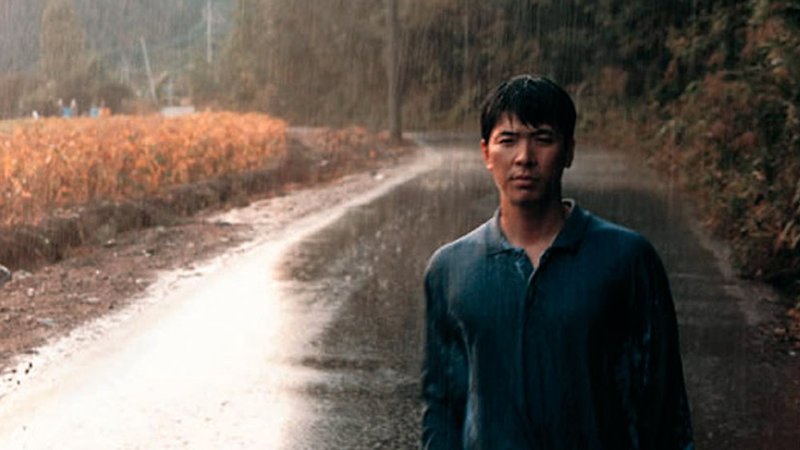
Screened as part of NZIFF 2003
Turning Gate 2002
Saenghwaleui balgyun
The most widely acclaimed of Korea’s next-wave filmmakers, writer-director Hong follows his Virgin Stripped Bare by Her Bachelors with another literate and slyly funny film about romantic (self-)deception and the machinations of lust. The young protagonist, Gyung-soo, an actor weathering the fall-out from a major flop, visits an old school friend and is seduced by their dinner companion, a dance instructor – without looking too closely into her relationship with his host. As always in Hong’s films, what the characters say during sex is most revealing, and the dancer alarms the young man by crying out how fabulously he moves. In the second half of the film he’s trying to incorporate the lessons from this affair into the next – and pretty much demanding that the second young woman duplicate the praise that appalled him in the first. Though the film was improvised, it has the formal symmetry, the psychological acuity and the thematic coherence of the most densely scripted work. The title refers to a Korean fairy-tale about second chances and karma that is told to the protagonist at the film’s half-way point. — BG
"Director Hong San-soo’s work represents an intellectual undercurrent in recent Korean film -- his subject is the microphysics of relations, the deconstruction of love and sex -- and he has a more penetrating eye than many of his colleagues worldwide. His films are unusually truthful and unsentimental, but he isn't interested in cruelty or the cheap cynicism most directors indulge in when portraying love gone wrong. In Turning Gate – whose script wasn’t written beforehand but sketched and improvised each day of the shooting – an actor loses a job and goes to visit a friend in the provinces, meeting two women along the way. He will abandon and be abandoned, his immaturity will be exposed, his masculinity endangered. If he learns something we won’t hear about it, though we will see forces at work to which the characters are blind, such as class and gender. Hong manages to make these laconic characters transparent and sympathetic, and each scene is not only beautiful but precisely made." — Quintin [Eduardo Antin], Chicago Reader